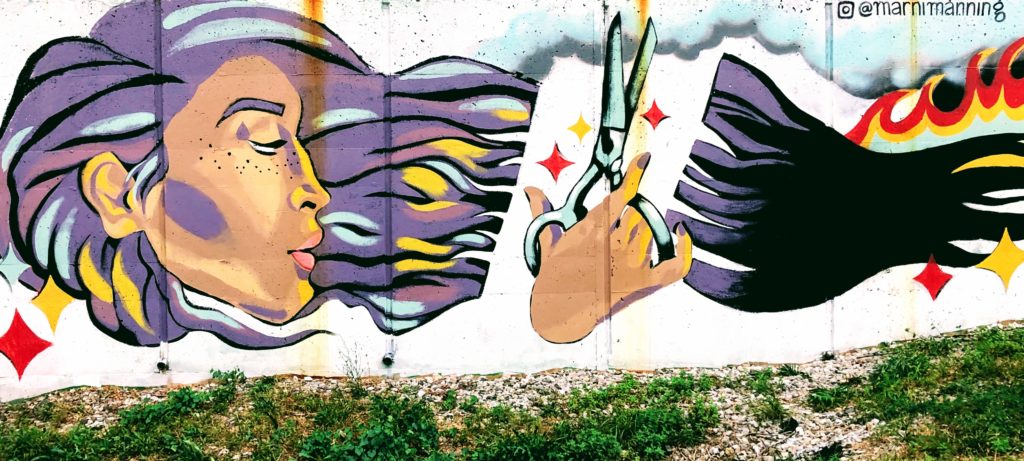I read somewhere recently that your body is the only way you have any experiences in the world.
This is painfully obvious, maybe, but it wasn’t to me. As a post-Enlightenment person, I’ve struggled for many years against the feeling that I am a rather defective brain in a vat. That is to say, “I” am my brain, and my vat is this meat-suit that for some reason cannot process certain ordinary foods and which gets sleepy at inconvenient times.
But I am the vat. So is my brain. Everything my brain has ever done has been because the vat was there to do it. At the end of the day, my brain is an organ that feasts on glucose and relies on other squishy little organs to function. Every shard of love, every brilliant thought, every heart-piercing thrill, happened in my body.
Now, where did I read this helpful little nugget of wisdom? On the Internet somewhere, which means I have no idea who said it or in what context, because the Internet is a soup of free-floating little ideas. Just like brains in vats, ideas on the Internet are rootless entities. The Internet is a masquerade ball for brains, the place where brains go to be on holiday from their vats. On the Internet we’re all just user-names, cell numbers, saying words, needing nothing but electricity to work. I send memes or thinking-of-you texts to a username or a cell number and I truly believe, if I don’t bother thinking about it too hard, that I am communicating directly with a person I care about. I forget that I’m using my body to talk to a machine, relying on the fact that the person I care about will use their body to talk to their machine soon and we will thereby be connected. But that person is not their cell number, their Instagram inbox, any more than the love I feel for them is the digital photo of the enormously fat grizzly bear I send them.
Online we are stripped down to pure thought, pure language. This illusion is quite an ego trip for the brain, which is humiliated to be so dependent on its embarrassing and unpredictable body.
I haven’t been writing much. I forget to do it, if I don’t have my to-do list helping remind me to. (Don’t let anyone ever tell you that a writer is someone who can’t help themselves from writing. On the contrary; it’s very easy to avoid it for days, weeks, years. Especially the hard parts: long projects, messy ones. Ones that require research. It’s the easiest thing in the world not to, just as it’s terribly easy not to eat vegetables, for a while.)
Every so often I realize I “should” post something here. Then I consult my trusty box of ideas. Twenty-five pages of them. I scroll down from the top, up from the bottom, middle out. But there’s often just a shrug awaiting me there. A lot of the ideas have really missed their moment (sorry, guys). A lot of other ones are very heady—maybe the kind of thing my brain fancies itself impressive for even considering writing, but the rest of me just goes—
Give it a rest, nerd.
So on a quiet afternoon, here’s where I find myself: low energy. It’s raining outside. The bright yellow leaves look especially brilliant against the gloomy gray. Mug of chai with some extra ginger slices in. Bright-red fall-scented candle making it all smell pretty spicy in here. Between books and board games and Sunday dinner.
If there is a time for my brain to charge ahead, write some impressive thing or other, this is not it. Today is a day, with apologies to Mary Oliver, for the soft animal of my body to love what it loves.









